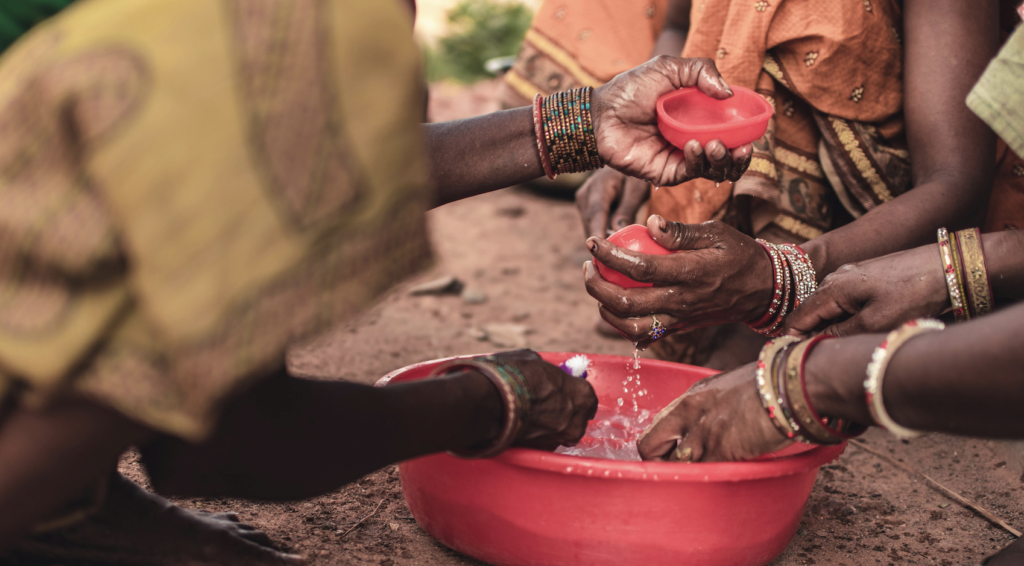
To address the urgent challenges of all forms of malnutrition in a rapidly changing world, Dikoda is excited to announce our strategic expansion into Water, Sanitation, and Hygiene (WASH) sectors. This long due move is informed by our deep understanding of the intricate linkages between WASH and nutrition, and the pivotal role of climate change and maternal nutrition in shaping these dynamics.
Our expansion is driven by three critical observations:
- Linkages of WASH and Nutrition: Access to clean water, sanitation, and hygiene is foundational to achieving nutritional health and preventing disease. Inadequate WASH facilities can lead to the spread of infectious diseases, directly impacting nutritional status, particularly among vulnerable populations like children, adolescent girls, and women. By integrating WASH into our core offerings, we aim to address these interconnected challenges holistically, ensuring that improvements in WASH directly contribute to enhanced nutrition outcomes.
- Climate Change, Nutrition, and the Importance of Water: The adverse effects of climate change, including water scarcity and extreme weather events, exacerbate the challenges of maintaining food security and nutritional health. Our approach recognizes the critical importance of water in sustaining agriculture, maintaining hygiene, and securing the nutritional needs of communities. In response to these challenges, our initiatives will focus on resilient WASH infrastructures that can withstand the impacts of climate change, ensuring continuous access to clean water for both consumption and agricultural use.
- Maternal Nutrition and WASH: The health of mothers and their children is closely linked to WASH, as inadequate access can severely affect maternal health, childbirth safety, and newborn care. Proper sanitation and hygiene practices are crucial for preventing maternal and neonatal infections and for ensuring the healthy development of infants. Our work emphasizes the importance of WASH in improving maternal nutrition and health outcomes, advocating for integrated approaches that cater to the needs of girls and women throughout their lives.
Dikoda’s approach is participatory at its core, involving end-users—children, adolescent, pregnant and lactating women, food vendors, and school teachers—in our operational research process. This methodology is grounded in the belief that engaging those directly affected leads to more impactful outcomes. Our previous contributions, such as the school nutrition environment assessment in the Pacific and urban food vendors in cities across Asia, have shown that participatory surveys not only empower respondents but also yield richer, more actionable insights.
As we embark on this new chapter, Dikoda remains committed to leveraging our expertise in innovative research and solution development to make a tangible difference in public health. Through our expansion into WASH, we are setting the stage for a more integrated, sustainable approach to tackling the intertwined challenges of nutrition, health, climate resilience, and maternal nutrition.
